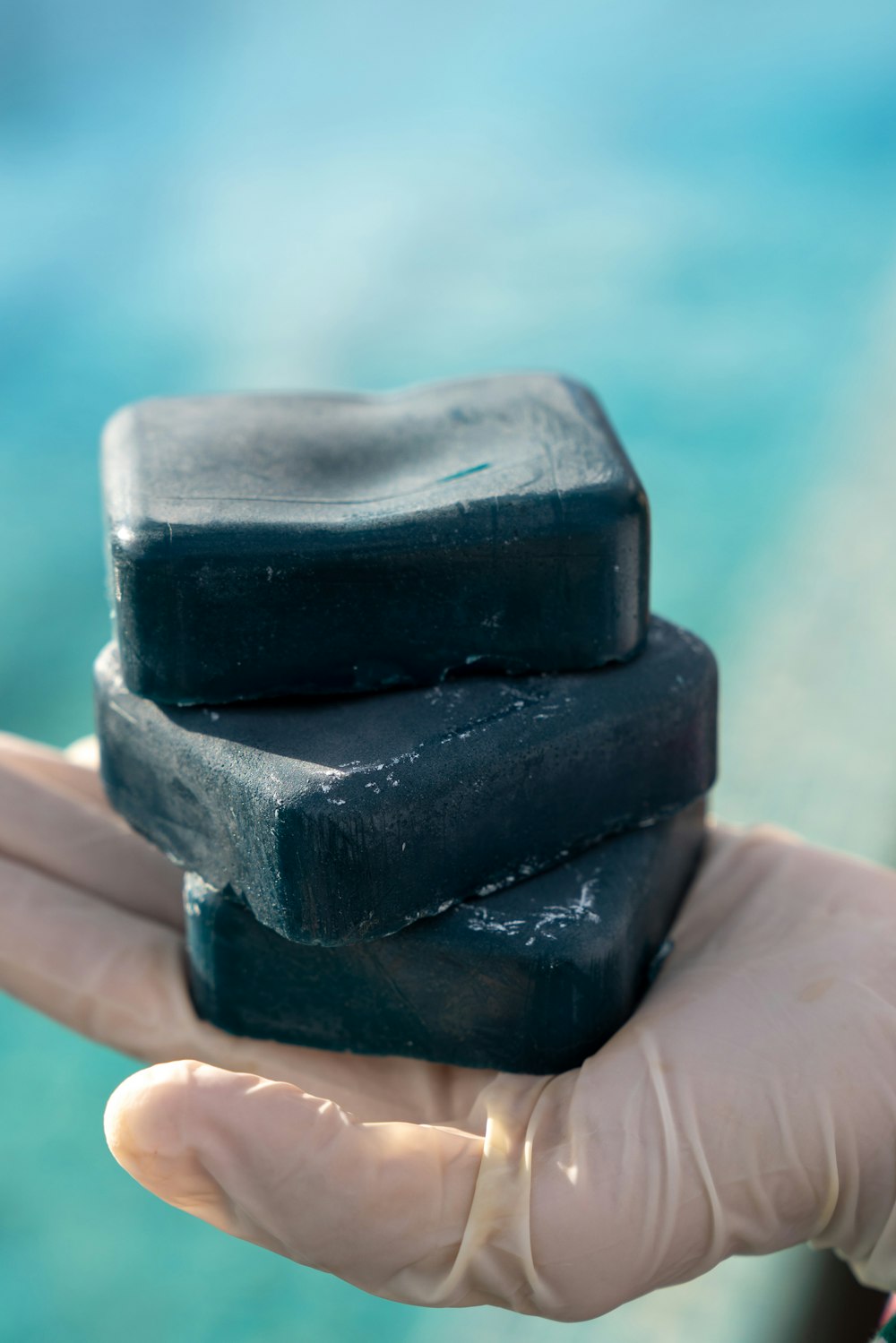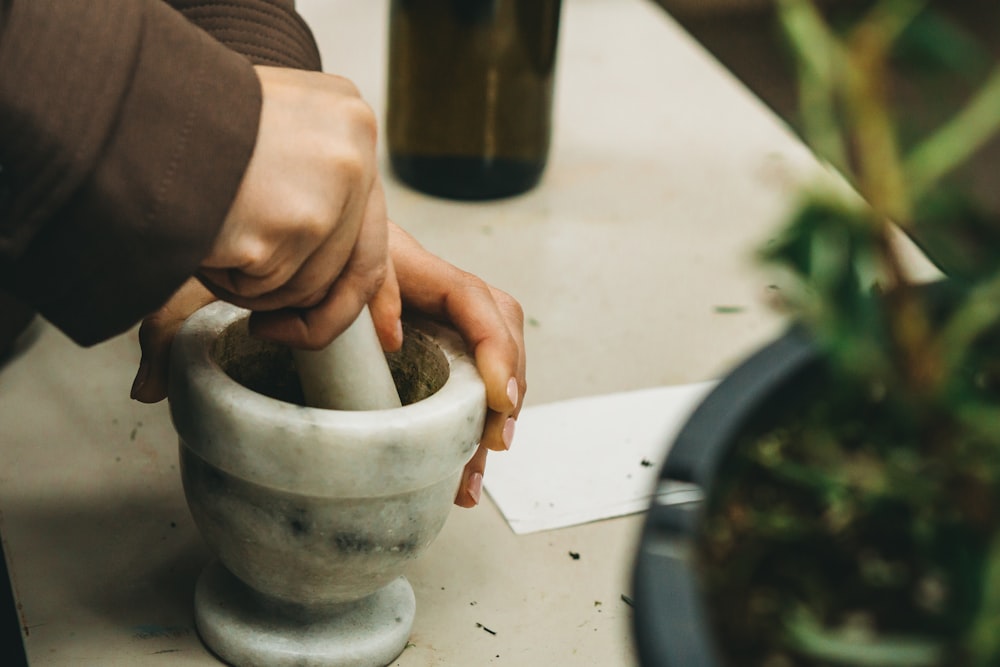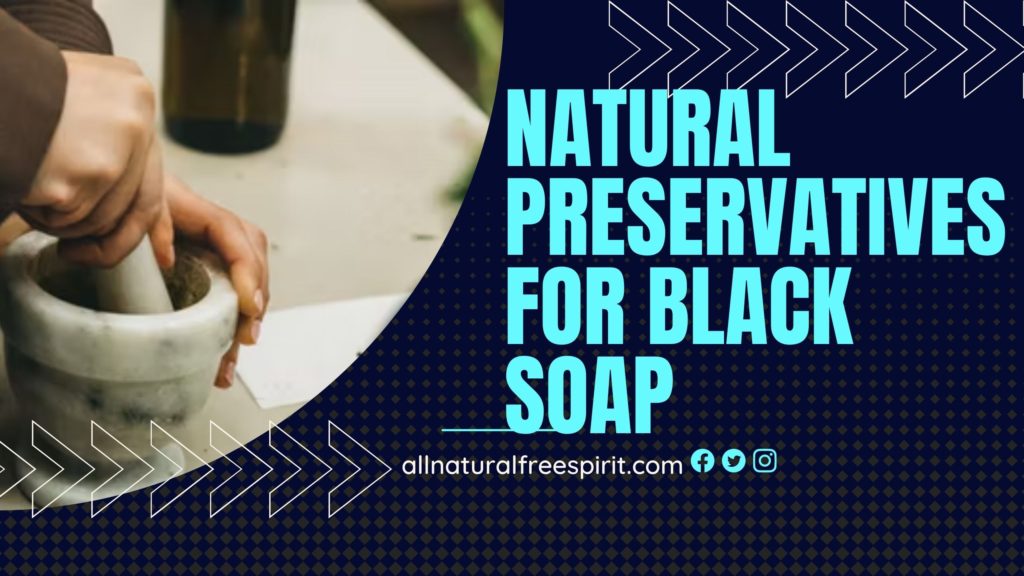Making your own black soap is a great way to save money and ensure that you know exactly what is going into the soap you are using.
However, one of the challenges of making black soap is finding natural preservatives that will keep it from going bad. This post will share some natural preservatives that you can use to keep your black soap fresh.
Like most people, you probably use black soap to cleanse and moisten your skin. Black soap is known for its natural cleansing properties, and it is a popular choice for those with sensitive skin.
However, if you do not protect your black soap from bacteria and mold, it can become contaminated and unsafe to use.
One way to protect your black soap is to use natural preservatives. To know which natural preservatives will work best for your black soap, continue reading!
Natural Preservatives For Black Soap

There are several natural preservatives that you can use, and each has its own benefits and drawbacks. Some of these preservatives will increase the shelf life of your black soap for up to 2 years.
At the same time,they will help inhibit the growth of bacteria and mold.
Here are some of the most popular natural preservatives that you can use to keep your black soap fresh:
1: Grapefruit Seed Extract
The grapefruit seed extract is a natural preservative that you can use to extend the shelf life of black soap. This thick and oily extract is a natural antimicrobial and will help to keep your black soap free of bacteria and mold.
It is packed with antioxidants and has natural antifungal properties that help prevent fungus growth. Which in turn helps extend the shelf life of your soap and keep it from going bad.
The only downside to grapefruit seed extract is that it can be a bit expensive.
To use grapefruit seed extract, simply add a few drops to your black soap and mix well.
Read: Does African black soap make acne worse?

2: Rosemary Oil
Rosemary Oil Extract, also known as ROE, is another natural preservative that can extend the shelf life and keep your black soap fresh.
This fragrant oil has natural antibacterial and antifungal properties that help to keep your soap free of contaminants.
Rosemary oil is also a natural antioxidant, which means it helps to keep your black soap from going bad. It also helps prevent rancidity, which is a common problem with natural soaps.
If you plan to store black soap for a long time, Rosemary oil is a good choice.
To use rosemary oil extract in your black soap, add a few drops to your batch of soap and mix well.You can also add rosemary oil to your black soap after it has been made by adding a few drops to each bar.
3: Tea Tree Oil
Tea tree oil is a natural preservative that is often used to treat skin conditions. This oil has natural antibacterial and antifungal properties that make it good to preserve black soap.
Using Tea Tree oil as a preservative is a win-win situation as it helps treat different skin conditions and preserve your black soap.
This oil is definitely a good choice for those who want to keep their black soap fresh for an extended period.
To use Tea Tree oil as a preservative, add a few drops to your black soap and mix well. Your black soap will stay fresh for up to 12 months.
Read: Using black soap for psoriasis

4: Glycerin
Glycerin is a natural humectant, which means it helps to keep your black soap from drying out. This natural ingredient is often used as a preservative in natural soaps.
Adding glycerin to your black soap will help to keep it moist and free from bacteria and mold.
Glycerin is a natural ingredient, so it is safe to use in black soap. This preservative is also affordable and easy to find. Besides preserving your black soap, glycerin will also help to keep your skin soft and moisturized.
To use glycerin as a preservative, add it to your black soap at a ratio of one part glycerin to two parts black soap. Mix well and store in an airtight container.
5: Vitamin E Oils:
You can also use vitamin E oil as a natural preservative for black soap. This oil is a natural antioxidant and has antibacterial properties. It also helps to keep your soap from going bad.
Vitamin E oil has a thick consistency, so it is best to add it to your black soap after it has been made.
Simply add a few drops of vitamin E oil to each bar of black soap. This will help keep your black soap fresh for up to a year.
Most home soap makers add vitamin E oil to their black soap as it is a natural preservative. This oil is also affordable and easy to find. You can find vitamin E oil at your local grocery store or health food store.
Read: Is Shea moisture African black soap good for dry skin?
Frequently Asked Questions on Black Soap Preservatives
Does African Black Soap Need A Preservative?
African black soap does not need a preservative if used within a few weeks of being made. However, if you want to store black soap for a longer time, it is best to add a natural preservative. This will help keep your soap fresh and free from bacteria and mold.
How Long Does Black Soap Last?
Black soap will last for up to a year if stored in an airtight container and even longer if a natural preservative is added. Without a preservative, black soap will last for up to six weeks.
Can I use essential oils as a preservative for black soap?
Yes, you can use essential oils as a natural preservative for black soap. Essential oils such as rosemary oil, tea tree oil, and vitamin E oil are all good choices. Simply add a few drops of the essential oil to your black soap and mix well. Your black soap will stay fresh for up to a year.
Adding a natural preservative to black soap is a good idea if you want to store it for an extended period. Natural preservatives for black soap such as tea tree oil and vitamin E oil are all excellent choices.
These preservatives help keep your black soap free from bacteria and mold, and they also help keep your skin healthy.
Read: Is African black soap good for oily acne prone skin?
So, if you want to make black soap that will last for a while, add a natural preservative.

